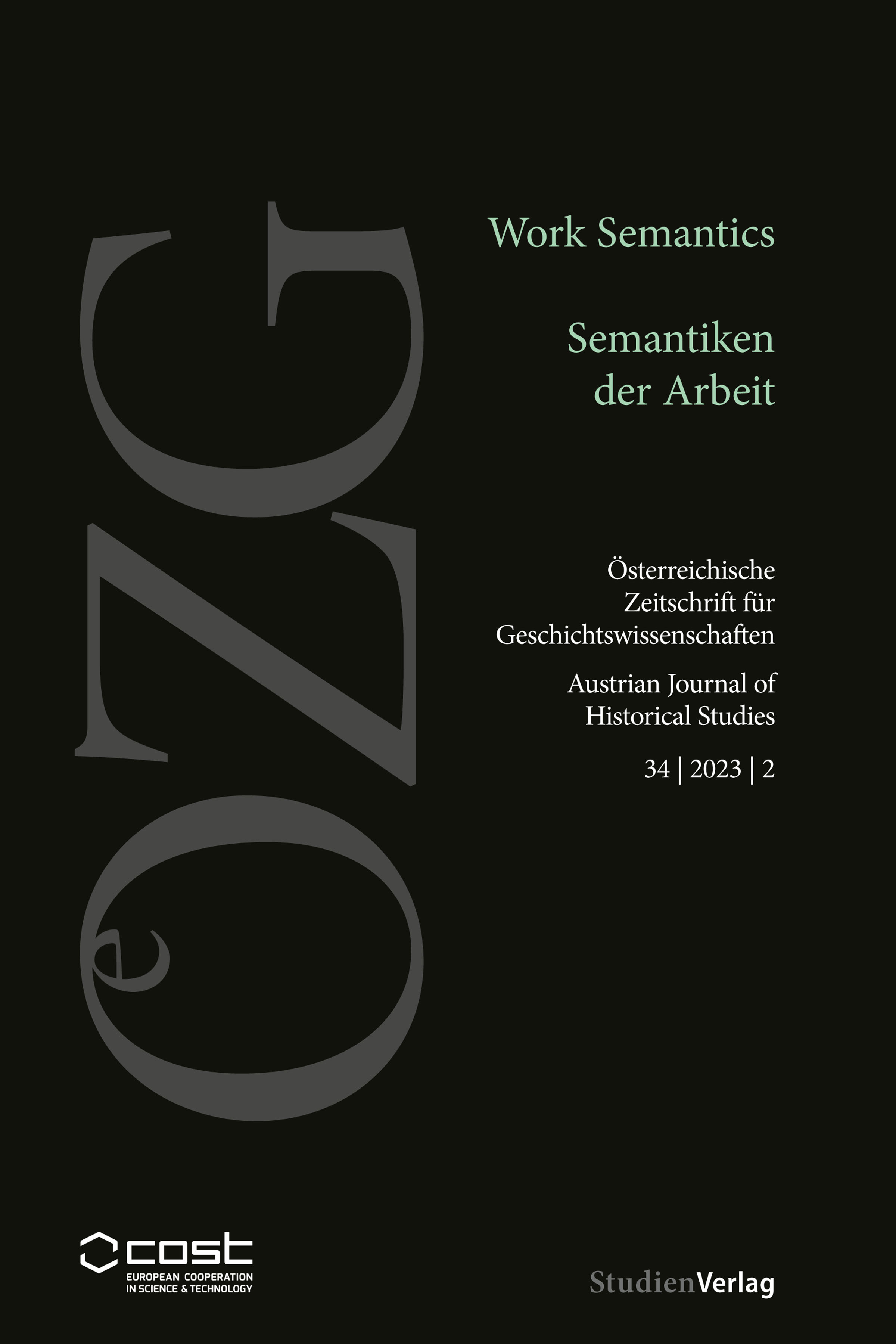Subjugation by Labelling. Analysing the Semantics of Subservience in a Fugitive Slave Case from Eighteenth-Century Germany
DOI:
https://doi.org/10.25365/oezg-2023-34-2-8Schlagworte:
Moravian Church, slavery, German history, global history, eighteenth centuryAbstract
This contribution uses a set of documents dealing with the case of a fugitive slave named Samuel Johannes in Upper Lusatia in 1754 to demonstrate the merits of a historical semantics–inspired approach. Not only does the studied case present evidence of the extension of colonial slaveries into the Holy Roman Empire, it also provides a snapshot of the language of subservience spoken in mid-eighteenth-century Germany. By revealing a striking indifference towards defining and explaining ategorisations of dependency, the sources analysed here defy simple juxtapositions like ‘enslaved’ versus ‘free’. Labels like ‘slave’, ‘serf ’, or ‘Moor’ were employed to enforce and legitimise authority and proprietorial claims over Samuel Johannes. But these labels had to be constantly translated into actual practices and filled with meaning, as they did not readily convert into established, closely circumscribed positions or categories of status.
Downloads
Veröffentlicht
Zitationsvorschlag
Ausgabe
Rubrik
Lizenz
Copyright (c) 2023 Österreichische Zeitschrift für Geschichtswissenschaften

Dieses Werk steht unter der Lizenz Creative Commons Namensnennung 4.0 International.


